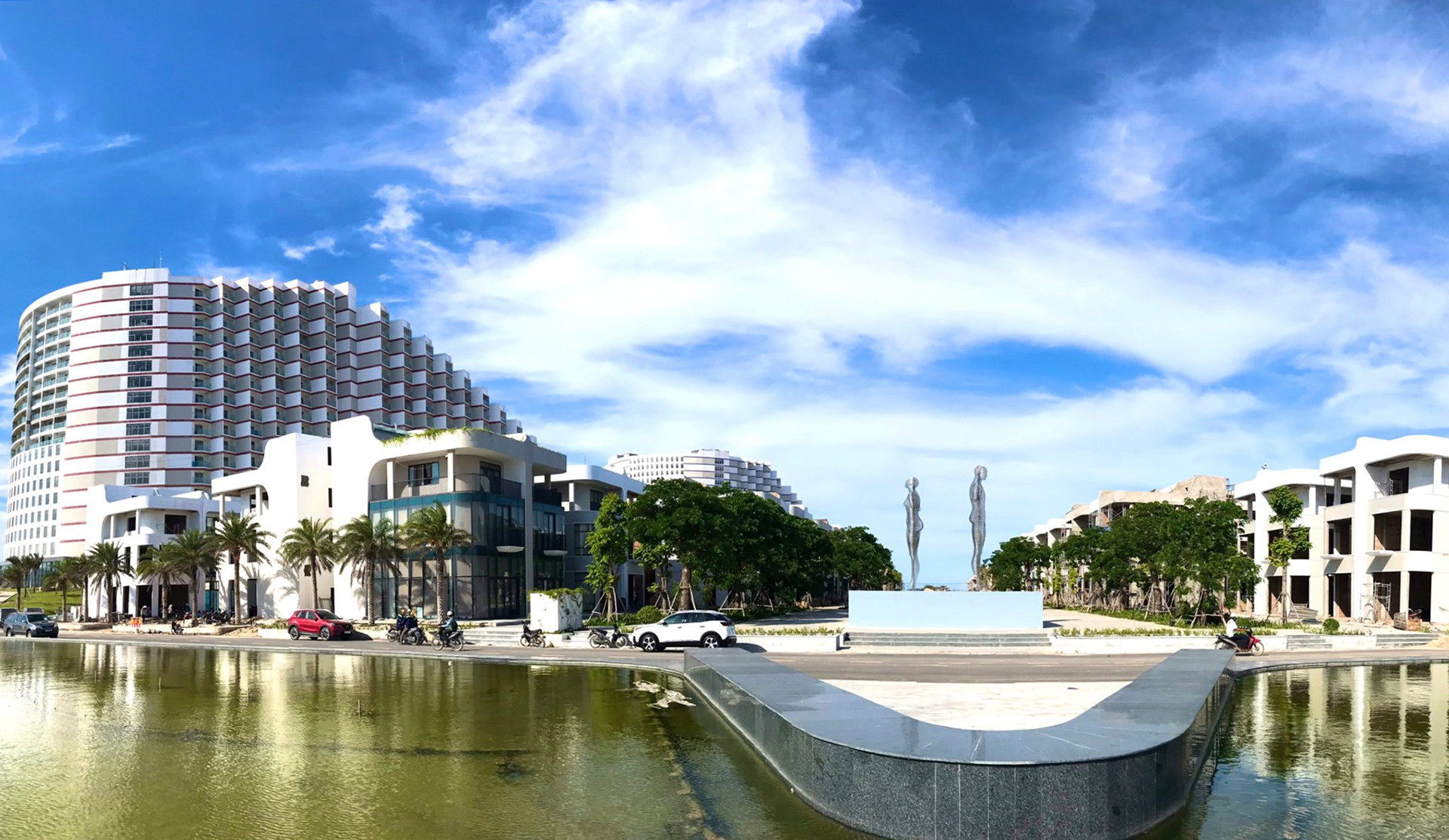
Between 2017 and 2022, the Department of Construction Activity Management under the Ministry of Construction reviewed and appraised basic designs and feasibility studies for 111 condotel and officetel real estate projects - an action deemed inappropriate by the Government Inspectorate of Vietnam.
According to the inspection’s findings, from 2015 to 2022, the legal framework governing construction investment, real estate business, and property management - including the 2014 Investment Law, 2013 Land Law, 2014 Construction Law, and 2014 Housing Law - contained no specific regulations regarding condotels (condominium hotels) or officetels (combined office and hotel units).
Nonetheless, the Department of Construction Activity Management proceeded to assess and approve feasibility studies and designs for 111 real estate projects involving these types of mixed-use properties.
Specifically, from 2015 until July 1, 2022, the department appraised 98 condotel and officetel projects. The Government Inspectorate stated that this appraisal process violated Clause 2, Article 58 of the 2014 Construction Law.
Upon reviewing 18 case files from these appraisals, inspectors identified multiple procedural violations - from incomplete documentation and missing feedback from relevant land management agencies, to vague conclusions in official appraisal documents, which failed to clarify whether a project met the legal conditions to proceed.
One notable case is The Arena project in Nha Trang (Khanh Hoa Province), developed by Tran Thai Cam Ranh JSC. The Department of Construction Activity Management could not provide proof that it had received complete documentation before conducting the design appraisal.
It also approved the base designs for towers A1 and A2 despite the absence of an approved detailed zoning plan. Several parameters in the design were adjusted and lowered compared to the approved zoning plan.
Worse still, the department issued an appraisal report without consulting relevant agencies on land use and failed to state whether the project was eligible to move forward.
Similar issues were found in other projects such as Thanh Dat Hotel, Van Phong Luxury Hotel, Dong A Premier and Apartment Hotel, Nha Trang Center 2 Complex, and Tecco Complex Apartment (Thai Nguyen). In these cases, the department failed to provide complete files, delayed evaluations, or did not seek input from relevant authorities on land use.
In Bac Ninh Province, two major projects reviewed by the department had underground structures extending beyond zoning boundaries - violating the Construction Law and government regulations.
In another instance, the Thai Duong Shopping Center project in Vung Tau lacked both a 1:500-scale detailed zoning plan and a master site plan. Still, the department approved the design without stamping the drawings or complying with legal requirements.
At the Decoimex mixed-use apartment and service project (Vung Tau City), the department appraised the design even though the project lacked an approved environmental impact assessment and had not finalized drainage connection agreements.
The Government Inspectorate concluded that the Ministry of Construction had failed to issue specific evaluation criteria for design appraisal, leading to assessments lacking quantitative data or clear standards. As a result, many appraisal reports were vague and insufficient for determining regulatory compliance - opening the door to significant violations.
Inspectors recommended that the Ministry of Construction conduct a thorough review to determine the collective and individual responsibilities of those involved in these shortcomings.
If any evidence suggests violations of criminal law, the Government Inspectorate has requested that the Ministry forward the relevant case files to law enforcement for investigation and appropriate legal action.
The Vinh